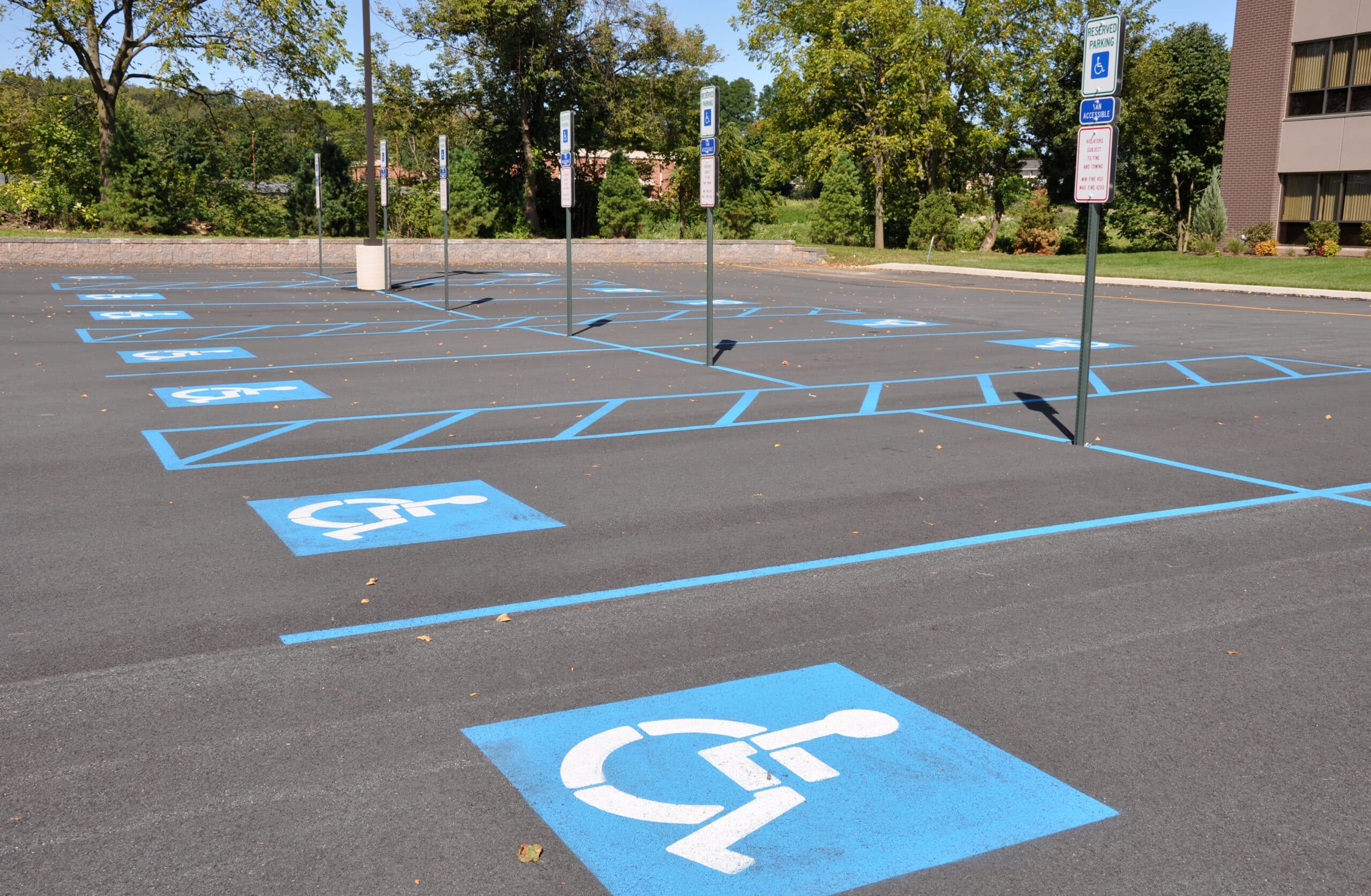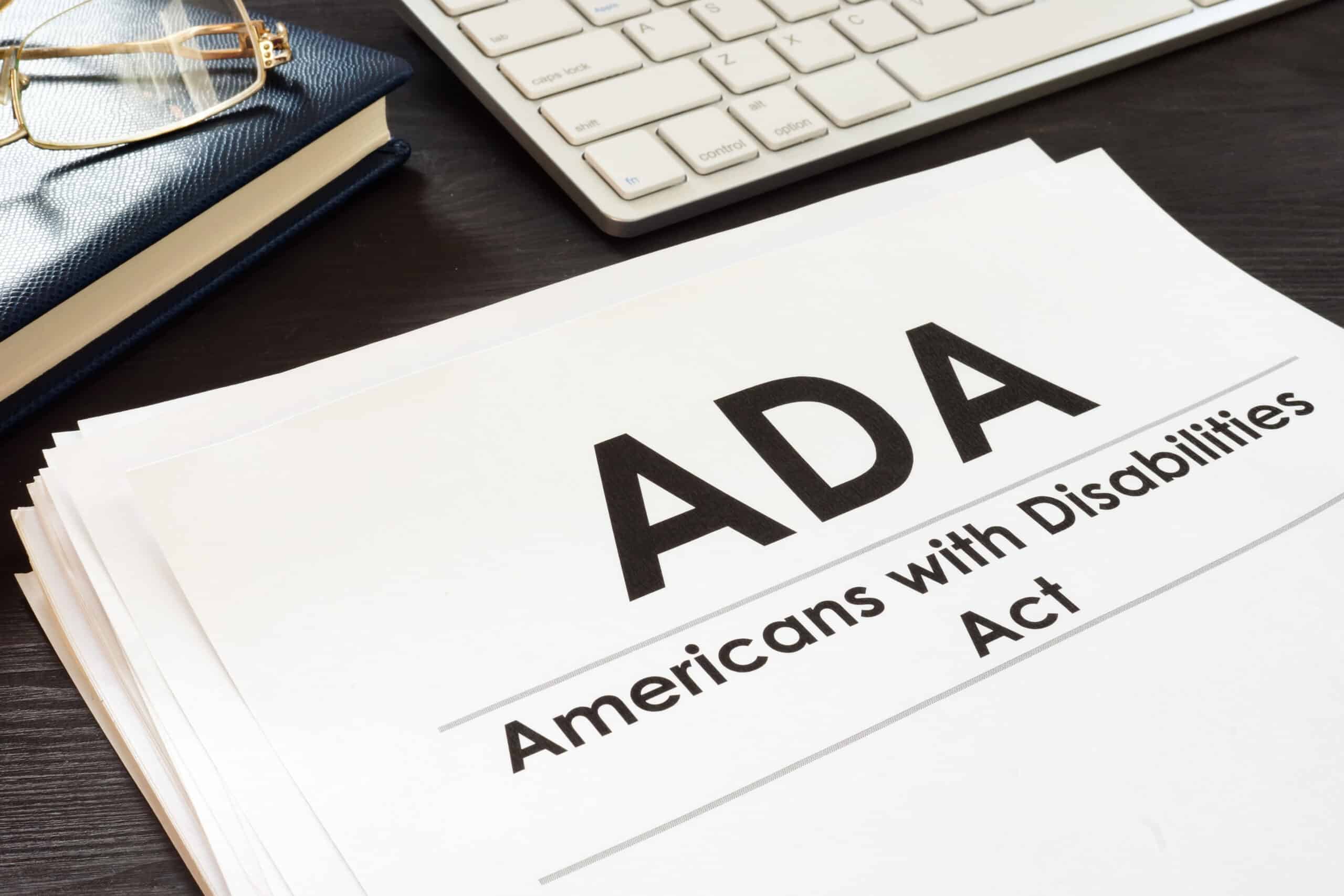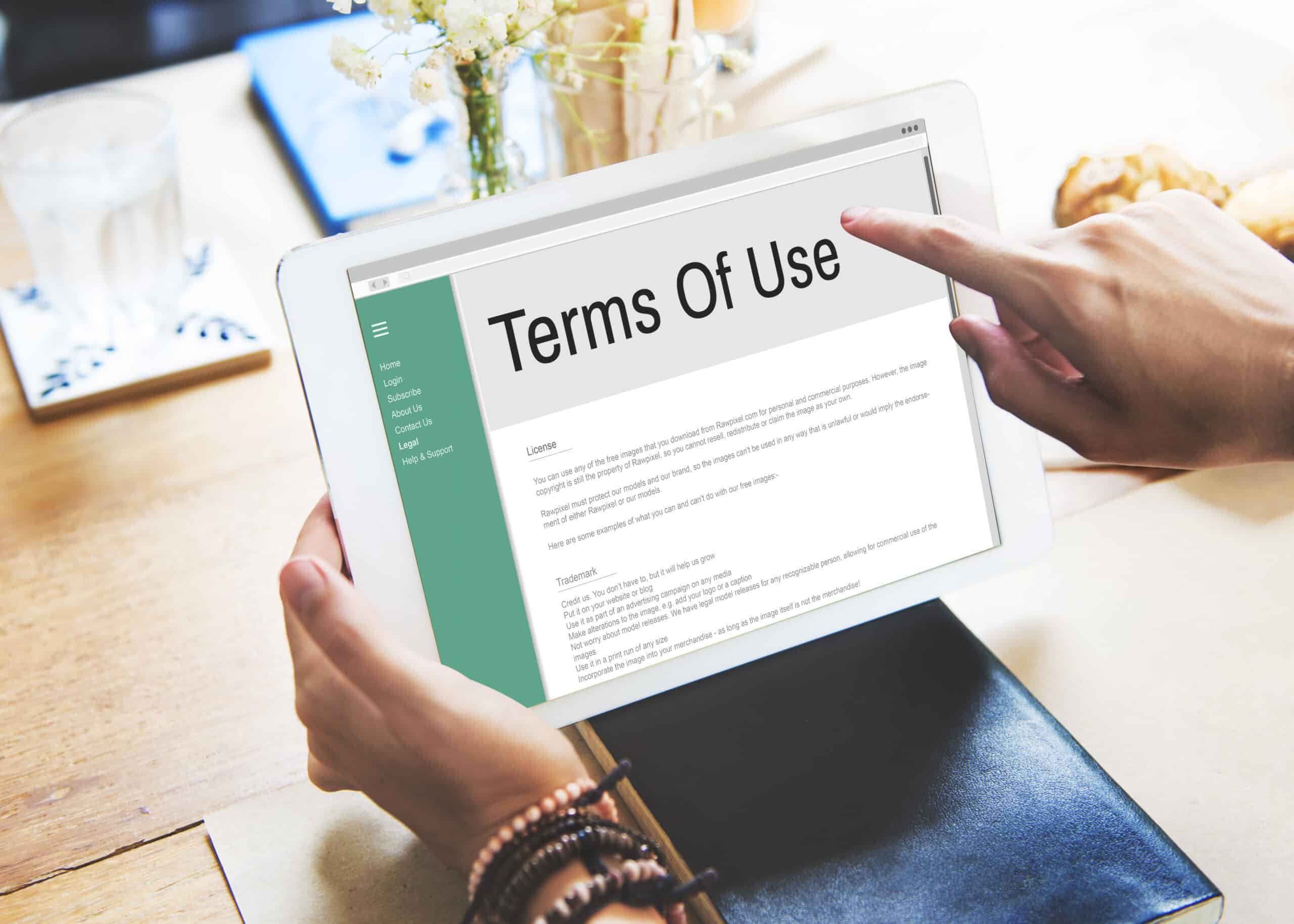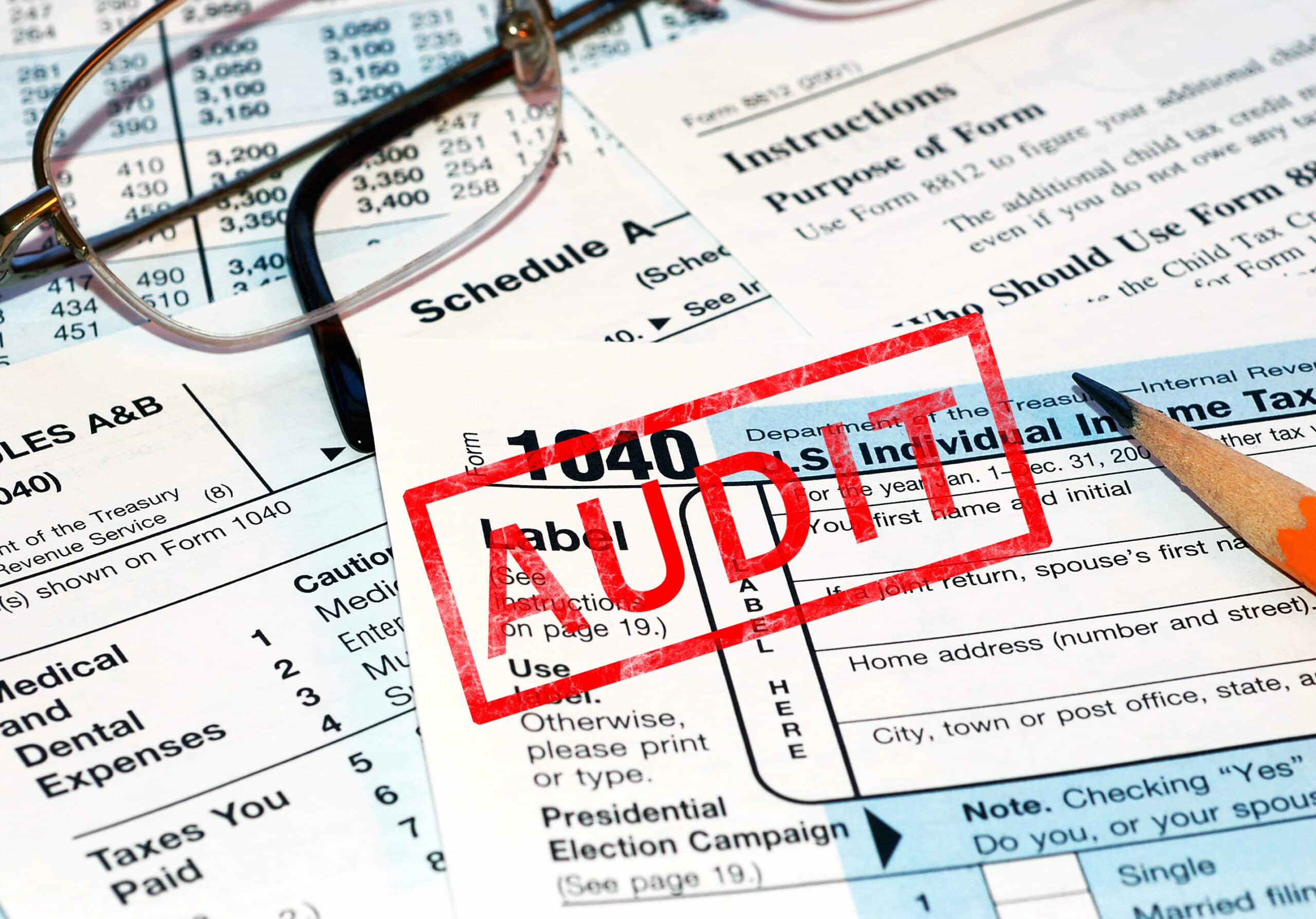What is the Americans with Disabilities Act?
In this article, you’ll learn whether and how your small business is impacted by the Americans with Disabilities Act and what you can do to ensure compliance.
I’m sure in your business you want to make everyone feel welcome – including customers with disabilities! In a world where diversity, equity, and inclusion are buzzwords of the day, we should strive to be inclusive not only on the basis of sex, race, and religion, but also on the basis of disabilities. And not just because it is the law, but because it’s the right thing to do!
According to guidance published by the Small Business Administration, 18% of the American population lives with one or more disabilities. That is nearly 1 out of every 5 people! Disabilities doesn’t just mean wheelchair bound. It includes a variety of physical, sensory, mental, or emotional conditions. As small business owners, we want to make sure that 18% are included in our offerings. The Americans with Disabilities Act (ADA) is a federal law enacted in 1990 that prohibits discrimination against those with disabilities.
Does the ADA apply to MY small business?
There are several sections of the Americans with Disabilities Act, and whether or not it applies to your small business may be a function of the size and type of business you run.
Title I of the ADA addresses discrimination in the hiring process and reasonable accommodations for employees with disabilities. Title I applies to any business that operates 20 or more weeks out of the year AND employs 15 or more employees. This means if your business is seasonal only (operating less than 20 weeks a year), you get a pass. It also means if you employ less than 15 people, you get a pass. But that is only for Title I. And state laws may require compliance with fewer employees. Even if you aren’t subject to Title I, your business may still be subject to Title III.
Title III of the ADA addresses accessibility of businesses to people with disabilities. Title III applies to businesses that fall under the definition of “public accommodation.” This means that if your business provides goods or services to the public, you are subject to Title III of the ADA. REGARDLESS of your business size. Even solopreneurs are legally obligated to comply!
Is my business a place of “public accommodation?”
If your business is a physical location open to public, YES. This includes shops selling goods of any kind and service-based businesses that meet clients at their offices. It also includes gyms, restaurants, movie theaters, and pretty much any place providing entertainment of any kind. By ensuring that your location complies with accessibility guidelines, you welcome a large group who want to support businesses that support them. This includes seniors, pregnant women, parents with strollers, and others who will appreciate your efforts.
If your business sells products or services through your website, YES. Under case law, places of public accommodation includes websites. This means your website must be compliant with ADA requirements.
What if I don’t know I’m violating the ADA?
The Americans with Disabilities Act is a strict liability statute. There are no excuses for non-compliance. So, ignorance of the law is not an excuse. If your business is non-compliant with ADA provisions, you are liable even if you were not aware.
Do people really sue small businesses for ADA violations?
In short, YES.
In 2020 alone, more than 3500 small businesses faced ADA lawsuits. Plaintiffs filed the majority of these cases in New York, California, and Florida, although other states are not immune. And it was the same handful of plaintiffs and law firms that filed many of these cases.
Of the lawsuits filed, 77% targeted retail stores, 8% targeted food service, and the remaining 15% targeted other businesses.
Why target a small business?
Plaintiffs target small businesses because they tend to settle – which is often cheaper than defending. Most of the suits seek monetary damages without any option for a small business owner to cure the problem. Once hit with a lawsuit, a small business incurs significant expenses including, damages, forced compliance, attorney’s fees, and lost business.
What can I do?
Be proactive! We will discuss specific things you can do in upcoming posts, so stay tuned!
There are direct benefits beyond avoiding lawsuits to making reasonable efforts to ensure your business is ADA compliant. ADA compliance shows you care about serving your whole community. It opens your business to a broader audience. For your website, ADA compliance makes is easier for search engines to crawl & index your website, improving your SEO optimization. Do you really want to exclude 18% of your potential customers?
The Small Business Administration has published helpful guides for small businesses to understand their obligations under the Americans with Disabilities Act.
The ADA Guide for Small Businesses: https://www.ada.gov/reachingout/smbusgd.pdf
Read this in conjunction with the Update guide located here: https://www.ada.gov/regs2010/smallbusiness/smallbusprimer2010.htm













